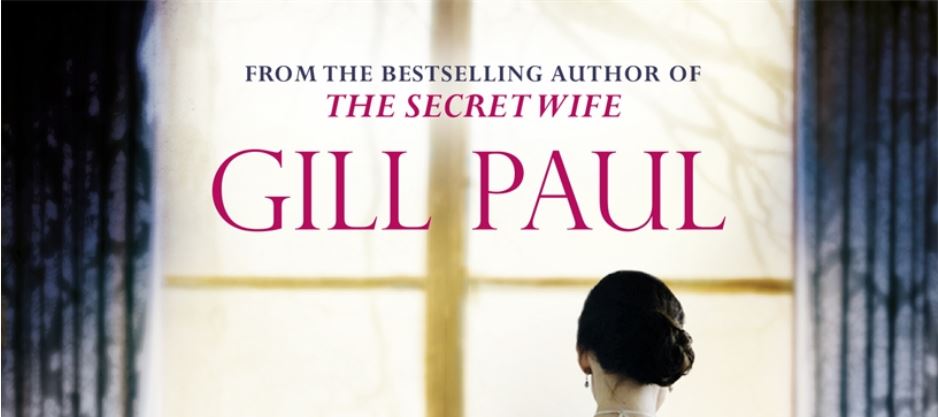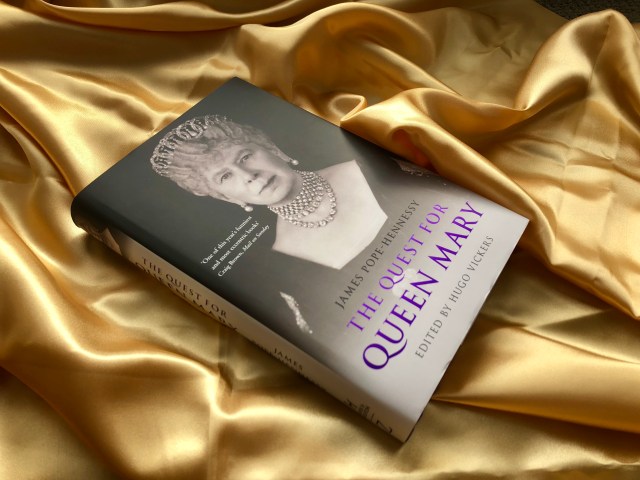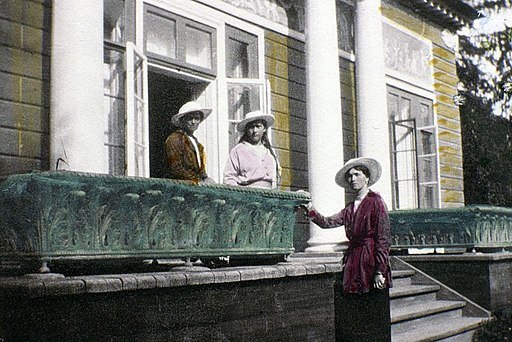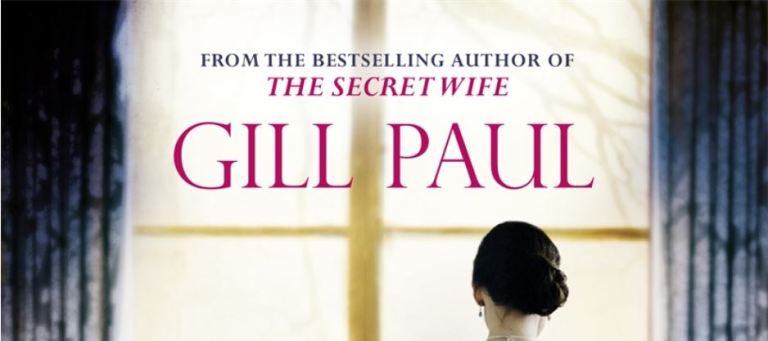The Perennial Allure of the Royal Family by Gill Paul

The public euphoria at the engagement of Prince Harry to Meghan Markle is proof, were any needed, that our fascination with the Windsor family is as strong as ever. But why should this be? Monarchs no longer have the power to order beheadings or start wars and crusades. The Queen has, at best, minimal influence on her government and every now and again the newspapers get on their high horses about how much she and her relatives cost the taxpayer. But if polls are to be believed, it’s a price most of us are willing to pay.
We grow up steeped in fairy tales of handsome princes and enchanted castles and it’s hard to shake those archetypes. The heroes and villains of our favourite stories were flawed characters – think of that gullible Emperor with his new clothes, and Princess Fiona in Shrek, who turns into an ogre at sunset. It’s their quirks that made them interesting. Similarly, when we read about the Windsors, we enjoy hearing that Charles gets an equerry to put toothpaste on his toothbrush and Kate secretly logs onto Mumsnet for advice on toddler taming. Spotting their personality traits when few are on display is an entertaining national pastime that subliminally reminds us of those fairy stories of our youth.
Ever since Diana collaborated with Andrew Morton on that explosive biography, the trend has been towards a relaxation of royal aloofness. Many of the notes in the vast floral tribute after she died showed that people felt she was “one of us”. Of course she wasn’t; she was born into a family even more blue-blooded than the one she married into. But we could identify with her displays of emotion: the character assassination of her unfaithful husband, her overwhelming love for her children, and her struggles to find a new partner. It was like a soap opera in which we were given tantalising vignettes of the protagonists then left wanting more, especially after Diana’s premature death.
The modern royals seem more like us – chatting on their iPhones, struggling to control the kids at a wedding, getting photographed three sheets to the wind on a night out. Harry’s courage in talking about his mental health issues is particularly endearing. It makes us feel as if we’re getting a peek behind palace doors, despite the fact that their lives remain private 99 per cent of the time.
The fascination with the Windsors is partly about wealth, of course: our curiosity about how the super-rich live. We too could be perfectly turned-out every time we stepped outdoors if we had our own stylists, hairdressers and manicurists. All these royal tours would be manageable with an entourage of nannies and personal assistants, so that we just had to turn up, wave, shake hands and smile. Imagine living in a world where you never needed to worry about switching energy supplier, or trawling the internet for the cheap flights that land at two in the morning, or looking for ‘buy one, get one free’ deals…
The downside, of course, is that they are prize specimens in a rarified zoo with a whole set of antiquated rules and procedures to which they must adhere. Those royal traditions are part of the contract because they bring order in a chaotic world. Donald Trump might decide to nuke North Korea but the guard at Buckingham Palace will still be changed. Brexit might cause national bankruptcy but at least there’s a royal wedding to look forward to. We do pageantry better than anyone, with those glitzy state coaches and bearskin hats and balcony flypasts. It’s an escape from reality, a fabulous piece of theatre rooted in the past.
Other countries have monarchies but they breed modern, relaxed royals who do their own shopping. No one else goes the whole hog with coronations and state banquets and liveried footmen. Foreigners love our eccentricity, and American broadcasters are falling over themselves in ecstasy that their own Meghan Markle is going to be part of it. There’s not much feelgood factor in modern life but royalty is one thing we Brits do well, something we can truly feel proud of. In a world full of turmoil and hatred, the royals provide escapism that takes us back to the fairy tales of our youth, and standards we can always rely on.

Gill Paul’s novel Another Woman’s Husband, about the death of Princess Diana and her links with Wallis Simpson is out now






